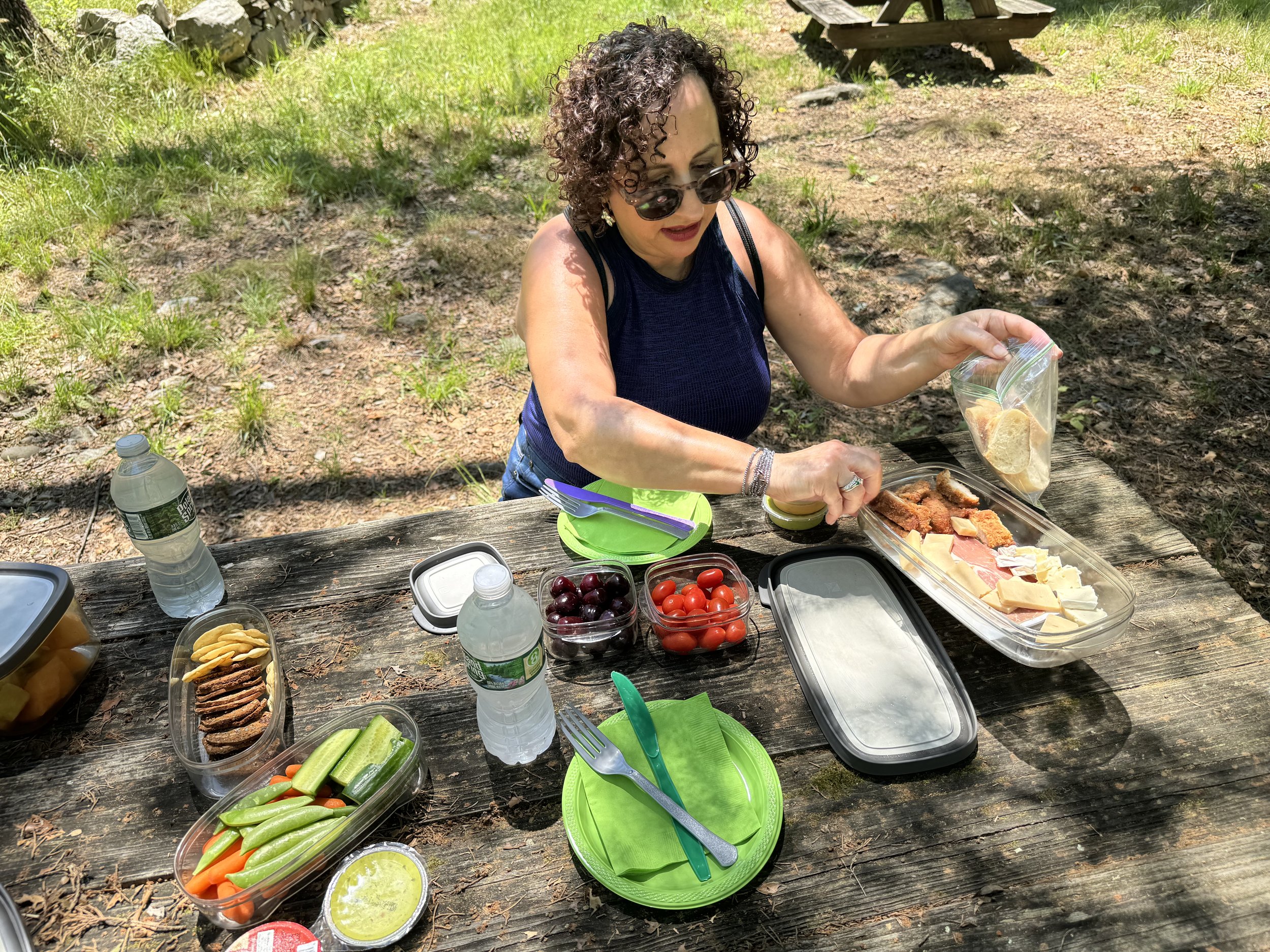When you read “leisure time,” what thoughts come to mind? Are you thinking, “What leisure time? I don’t have any free time!” Does downtime feel absent from your life because you’re constantly working, stressing, and feeling overwhelmed? If so, you’re not alone.
In 2014, Brigid Schulte, an award-winning journalist and bestselling author, introduced “time confetti” in her book Overwhelmed: Work, Love, and Play When No One Has the Time. Time confetti refers to fragmented pieces of free time that happen during the day. These moments are too brief to be productive or meaningful, and they spoil the downtime we do have.
Time confetti are “short, unenjoyable moments that end up stressing us out rather than relaxing us.” Frequent interruptions are typically due to technology or multitasking. Even if a disturbance seems minor, it reduces the quality of time off, which can lead to a feeling of constant busyness without a sense of accomplishment.
What is the Antidote to Time Confetti?
Strategies to balance the effects of time confetti revolve around reducing distractions and valuing and creating larger blocks of leisure and downtime. Some of Schulte’s suggestions include:
Identify where time gets spent
Prioritize what matters, including more leisure activities
Lessen digital distractions
Delegate and share household responsibilities
Schedule and protect leisure time
Shift perception of busyness and success
What Does Leisure Time Look Like?
Several years ago, I jotted down a list that I rediscovered recently called “Help for those who do too much.” What’s interesting is it doesn’t specify what not to do. Instead, it focuses on creating more time to enjoy life. The list is relevant to this discussion, so I included it.
Siblings - Tod Machover and Linda Samuels
“Schedule and protect leisure time.”
In the spirit of leaning into more downtime, I reserved two full days of fun this past weekend, which was so welcome.
Intentional Leisure Time Activities
Spending time with family
Exploring Manitoga, the house, studio, and 75-acre woodland garden of the mid-century designer Russell Wright
Having a picnic
Celebrating Father’s Day with my husband (Happy Father’s Day to all the Dads!)
Going on a day trip
Taking a scenic train ride in the Catskills (ice cream included)
Happy Father’s Day!
If your days and downtime are disjointed and overwhelming, gift yourself a present of being more intentional and protective of your leisure time. Eliminate distractions that disrupt your focus. Time is precious. Yes, we need to work and handle life’s necessities. We also need balance to the busyness and overwhelm that many of us feel. What helps you carve out downtime? What do you enjoy doing? What gets in your way? I’d love to hear your thoughts. I invite you to join the conversation.
If you want help organizing your time so you can enjoy life more, email me at linda@ohsorganized.com, call 914-271-5673, or schedule a Discovery Call. A life including downtime and fun is possible, especially with support.




















